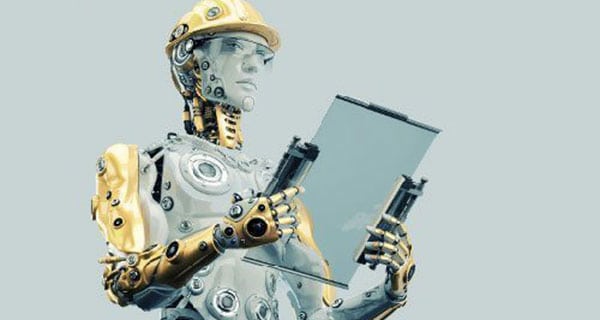Fears of substantial job losses in the future due to technology may be greatly exaggerated.
A series of essays released on Tuesday by the think-tank the Fraser Institute say burgeoning technologies such as automation, artificial intelligence and robotization won’t lead to huge jobs losses.
“While some believe the rise of artificial intelligence and other technologies will lead to massive unemployment, the effect will likely resemble past experiences with other new technologies — new jobs will emerge as businesses and workers adapt,” said Steven Globerman, a Fraser Institute senior fellow, contributing editor and author of the essay Artificial Intelligence and Employment: Will History Repeat?
The institute said another essay finds that Canada’s labour force will continue to shrink over the next few decades as baby boomers retire, further mitigating any job loss due to technology.
“The growth of technology combined with a shrinking labour force may actually produce a shortage of qualified workers in Canada, rather than the widespread unemployment predicted by doomsayers,” said Livio Di Matteo, a Fraser Institute senior fellow and author of the essay Demographics, Technological Change, Participation Rates and Canada’s Future Labour Shortage.
A third essay, A Curse on (Intelligent) Machines?, by Art Carden, an associate professor of economics at Samford University, says that while past waves of big technological change destroyed some jobs, they also created many more new jobs that ultimately enriched society.
“While automation, artificial intelligence and robotization will eliminate or change the nature of some jobs, these technologies will also create many new jobs at a time when demographic change will reduce the labour force as a share of the population,” said Globerman.
The views, opinions and positions expressed by columnists and contributors are the author’s alone. They do not inherently or expressly reflect the views, opinions and/or positions of our publication.



